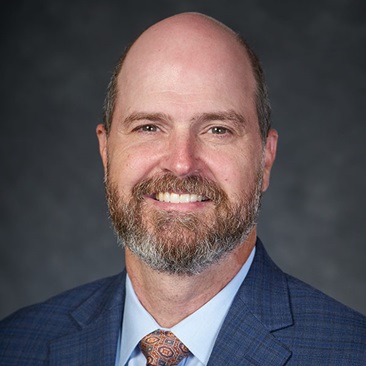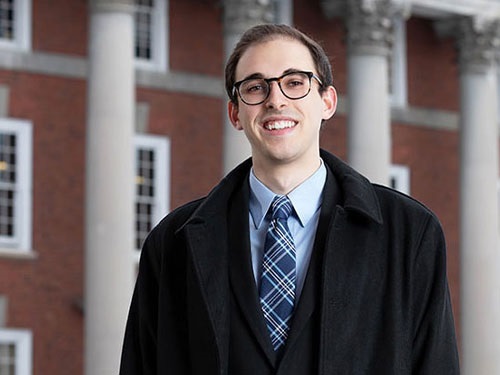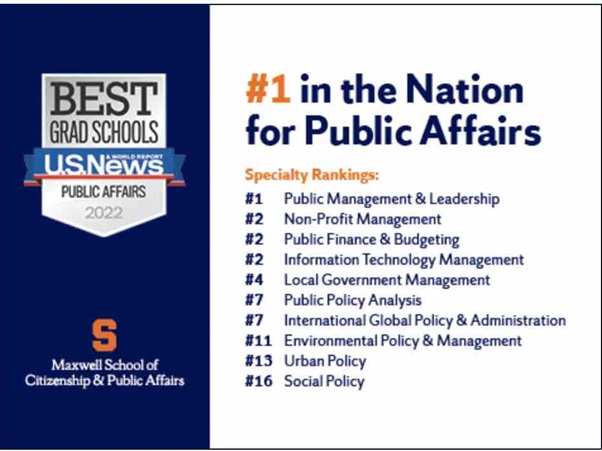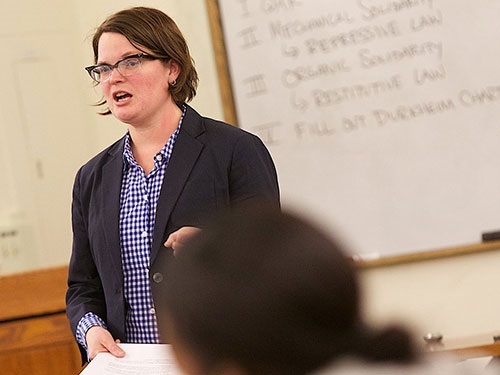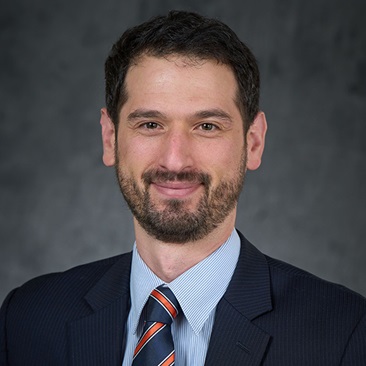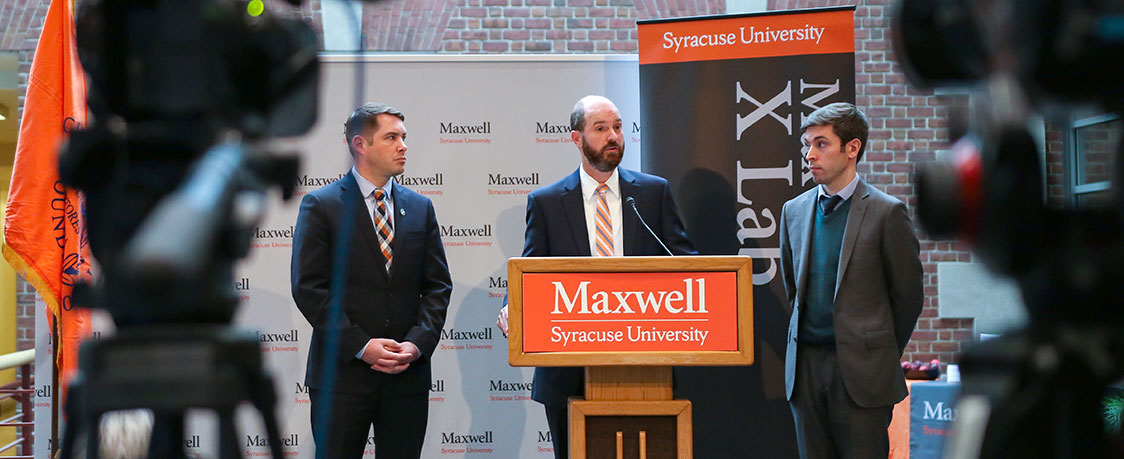
Maxwell X Lab, City of Syracuse collab improves tax collection process
November 13, 2018
Maxwell X Lab, part of the Center for Policy Research at Syracuse University’s Maxwell School of Citizenship and Public Affairs, recently completed a series of projects designed to reduce overdue property tax bills in the City of Syracuse. Delinquent tax bills can lead to costly late fees, interest, liens and — ultimately — foreclosure, creating instability for homeowning families, neighborhoods and city services.
So far, the initiative has helped the City to recoup more than $1.4 million in overdue property taxes, and hundreds of additional properties were prompted to get current on their bills, preventing more costly and troublesome outcomes for both the owner and the City alike. Furthermore, the project has established a costless change to city tax collection processes that has the potential to produce benefits for years to come.
“Tax delinquency that can lead to home foreclosure creates a bleaker outlook for everyone involved — resident families, the neighborhood, and the City,” says Professor Leonard Lopoo, director of the Center for Policy Research, co-founder of X Lab, and an expert on child and family policy. “For example, we know from the research literature that having a stable home and neighborhood is incredibly important for child development, particularly among low-income children. Frequent moves that might include new home environments and different schools make learning more difficult.”
Time and again, we find that the most innovative ideas and comprehensive solutions arise when we bring together people representing different identities, backgrounds and experiences. In a complex, collaborative environment like the Maxwell School, diversity not only enriches us but also is essential for achieving our highest ambitions.
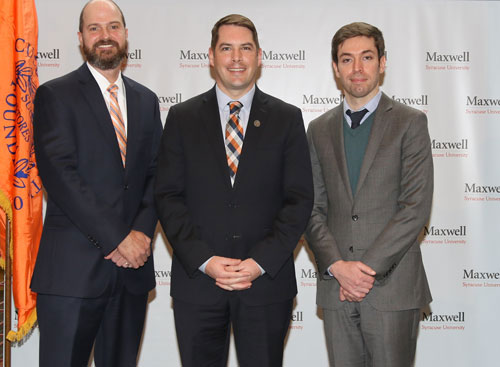
So far, the initiative has helped the City to recoup more than $1.4 million in overdue property taxes, and hundreds of additional properties were prompted to get current on their bills, preventing more costly and troublesome outcomes for both the owner and the City alike. Furthermore, the project has established a costless change to city tax collection processes that has the potential to produce benefits for years to come.
“Tax delinquency that can lead to home foreclosure creates a bleaker outlook for everyone involved — resident families, the neighborhood, and the City,” says Professor Leonard Lopoo, director of the Center for Policy Research, co-founder of X Lab, and an expert on child and family policy. “For example, we know from the research literature that having a stable home and neighborhood is incredibly important for child development, particularly among low-income children. Frequent moves that might include new home environments and different schools make learning more difficult.”
Time and again, we find that the most innovative ideas and comprehensive solutions arise when we bring together people representing different identities, backgrounds and experiences. In a complex, collaborative environment like the Maxwell School, diversity not only enriches us but also is essential for achieving our highest ambitions.
“It should be clear in a few seconds what someone’s asking you to do; otherwise, you’re going to give up.”
Joseph Boskovski '14 MPA
X Lab co-founder and managing director of the redesigned notifications.
The team then conducted randomized controlled trials to evaluate the different messages and communications techniques to determine whether — and which — messages did a better job of improving outcomes. In total, courtesy letters were sent to 3,844 owners who were either delinquent on tax bills before 2017-18 and/or late on their current tax bills. An additional 1,922 owners were in the control group and were not sent courtesy letters in order to allow the researchers to compare outcomes.
“Too often, we find that governments and agencies design systems based on the way they think people will respond. We partner with public institutions and nonprofit organizations to test and build evidence for policies and programs based on the way they actually respond — and this improves outcomes for both sides,” says Boskovski. “For example, we know that some people do not respond to government communications because they are not receiving the message — it may be lost among the ‘junk’ mail — or it is too difficult to comply with the process.”
“Tax delinquency that can lead to home foreclosure creates a bleaker outlook for everyone involved — resident families, the neighborhood, and the City,” says Professor Leonard Lopoo, director of the Center for Policy Research, co-founder of X Lab, and an expert on child and family policy. “For example, we know from the research literature that having a stable home and neighborhood is incredibly important for child development, particularly among low-income children. Frequent moves that might include new home environments and different schools make learning more difficult.”
Time and again, we find that the most innovative ideas and comprehensive solutions arise when we bring together people representing different identities, backgrounds and experiences. In a complex, collaborative environment like the Maxwell School, diversity not only enriches us but also is essential for achieving our highest ambitions.
About the Maxwell School (@MaxwellSU)
The Maxwell School is Syracuse University's home for innovative, interdisciplinary teaching and research in the social sciences, public policy, public administration, and international relations. It is consistently ranked among America's top graduate schools of public affairs (U.S. News & World Report), offering highly regarded professional degrees alongside advanced scholarly degrees in the social sciences; and it is home also to Syracuse University's undergraduate programs across the social sciences. Maxwell scholars conduct wide-ranging research through 15 interdisciplinary centers, each focused on a topical area within public affairs, such as governance, social and economic policy, conflict and collaboration, public wellness, aging, energy and environment, national security, regional studies, and more. For more information, please visit: maxwell.syr.edu.
About Syracuse University
Syracuse University is a private, international research university with distinctive academics, diversely unique offerings and an undeniable spirit. Located in the geographic heart of New York State, with a global footprint, and nearly 150 years of history, Syracuse University offers a quintessential college experience. The scope of Syracuse University is a testament to its strengths: a pioneering history dating back to 1870; a choice of more than 200 majors and 100 minors offered through 13 schools and colleges; nearly 15,000 undergraduates and 5,000 graduate students; more than a quarter of a million alumni in 160 countries; and a student population from all 50 U.S. states and 123 countries. For more information, please visit www.syracuse.edu.
Related News
Research
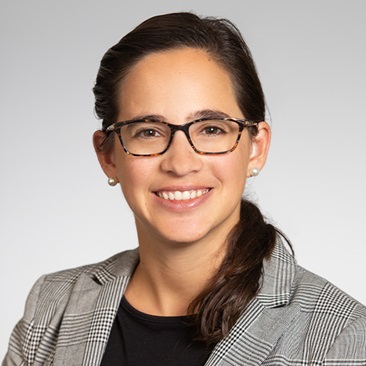
Dec 16, 2024
Commentary

Dec 16, 2024
